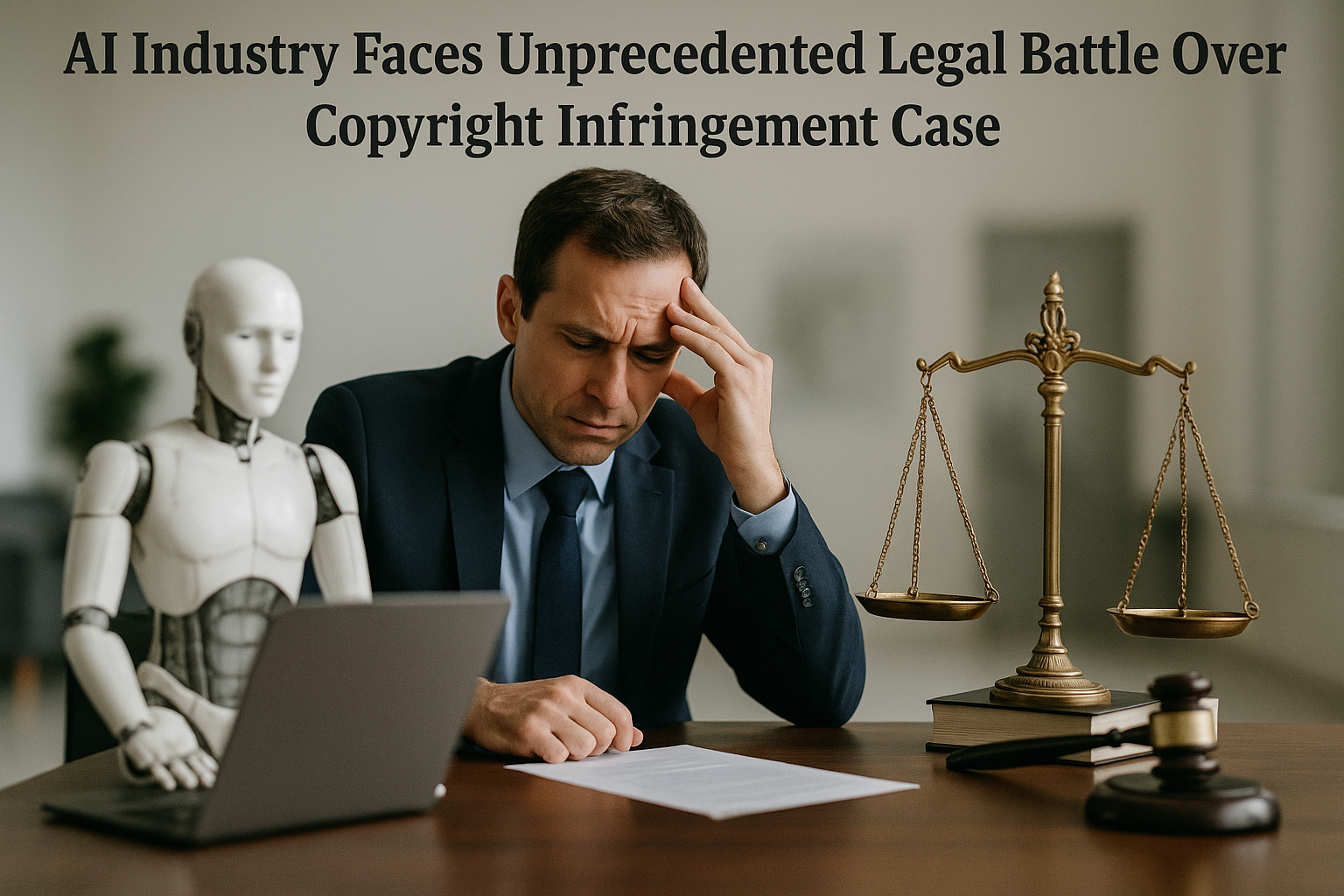
The AI industry is reeling from a landmark legal decision that could have far-reaching implications for its future. A federal judge recently ruled that millions of writers can participate in a class-action lawsuit against AI startup Anthropic, a company accused of using pirated books to train its language models. This ruling has set the stage for what could become the largest copyright class action in history.
The lawsuit, initiated by three authors, claims that Anthropic’s Claude chatbot was trained using books illegally downloaded from “shadow libraries” like LibGen. US District Judge William Alsup’s decision allows the suit to potentially represent authors of approximately seven million books, exposing Anthropic to damages that could reach hundreds of billions of dollars.
The weight of such potential financial penalties has sparked significant concern within the AI industry. Anthropic, alongside various industry groups, is appealing the decision, arguing that the outcome could “financially ruin” not only their company but the entire AI sector. They emphasize the critical role of AI in technological advancement, suggesting that the industry’s survival is essential.
This case could set a crucial legal precedent for the AI sector, specifically concerning the use of copyrighted materials in training datasets. The outcome may force AI companies to reconsider their data acquisition strategies and could prompt the establishment of clearer regulations regarding AI training practices.
The potential financial impact of this lawsuit highlights the urgent need for legal clarity in an industry still navigating the complexities of intellectual property laws. If the court’s decision is upheld, it could impose severe financial burdens on AI companies, potentially stifling innovation and progress.
With the stakes so high, the industry’s response underscores the tension between technological advancement and legal boundaries. As the appeals process unfolds, the AI world watches closely, aware that the outcome could reshape the legal landscape and influence future development strategies.
Some content for this article was sourced from futurism.com.






